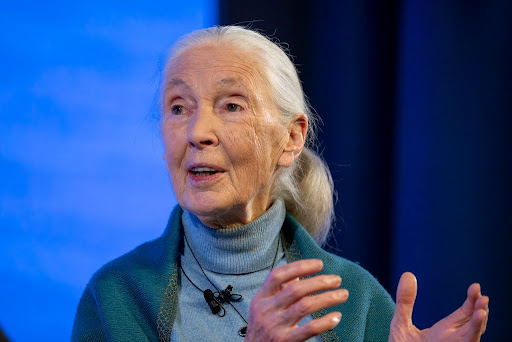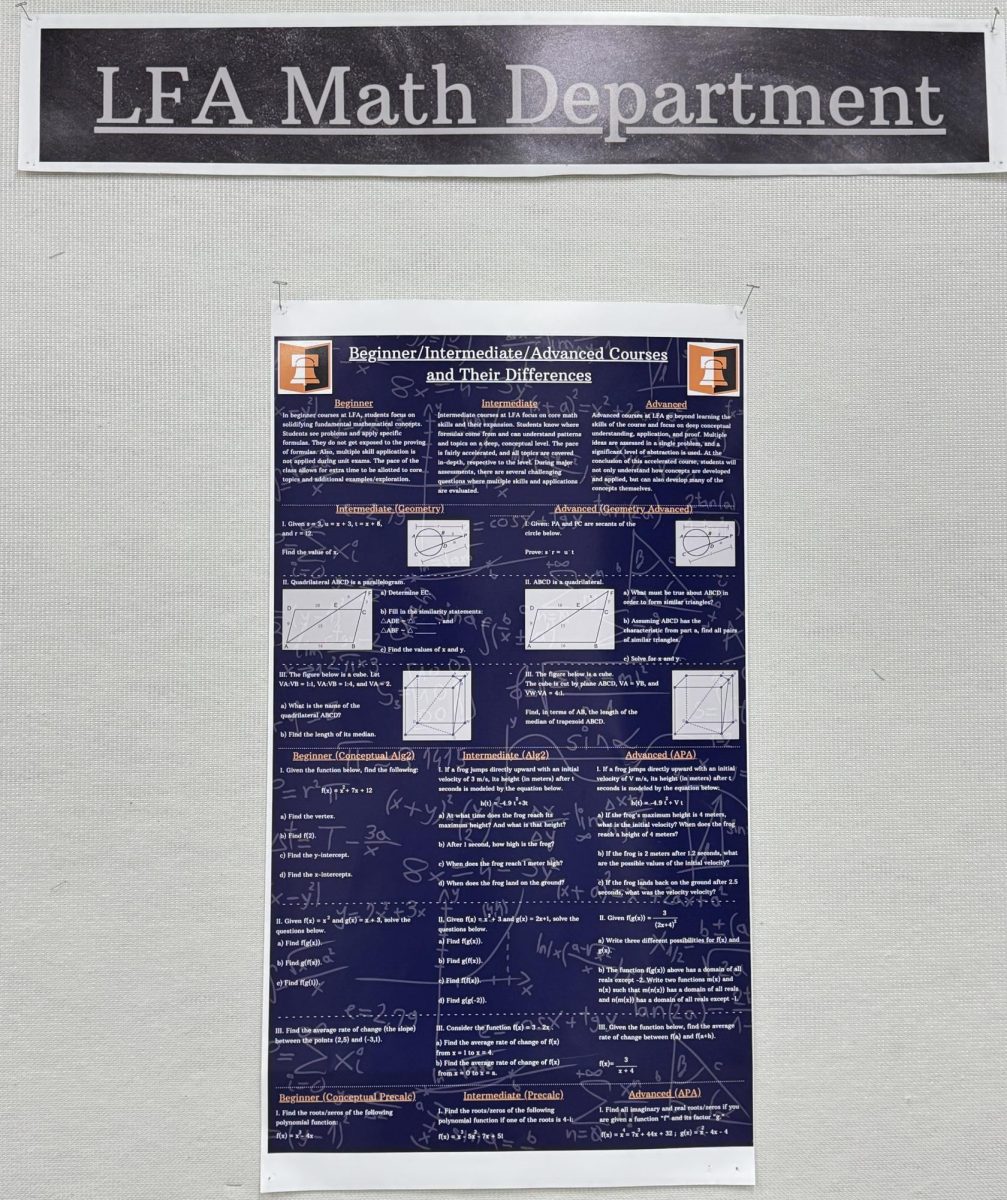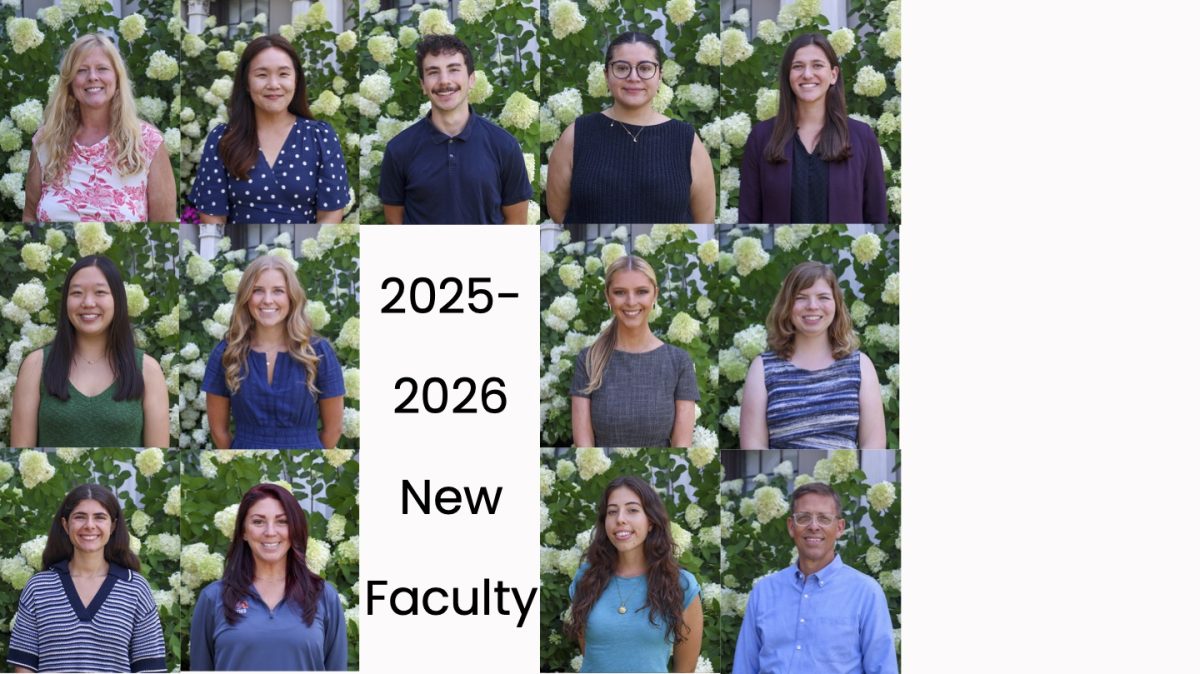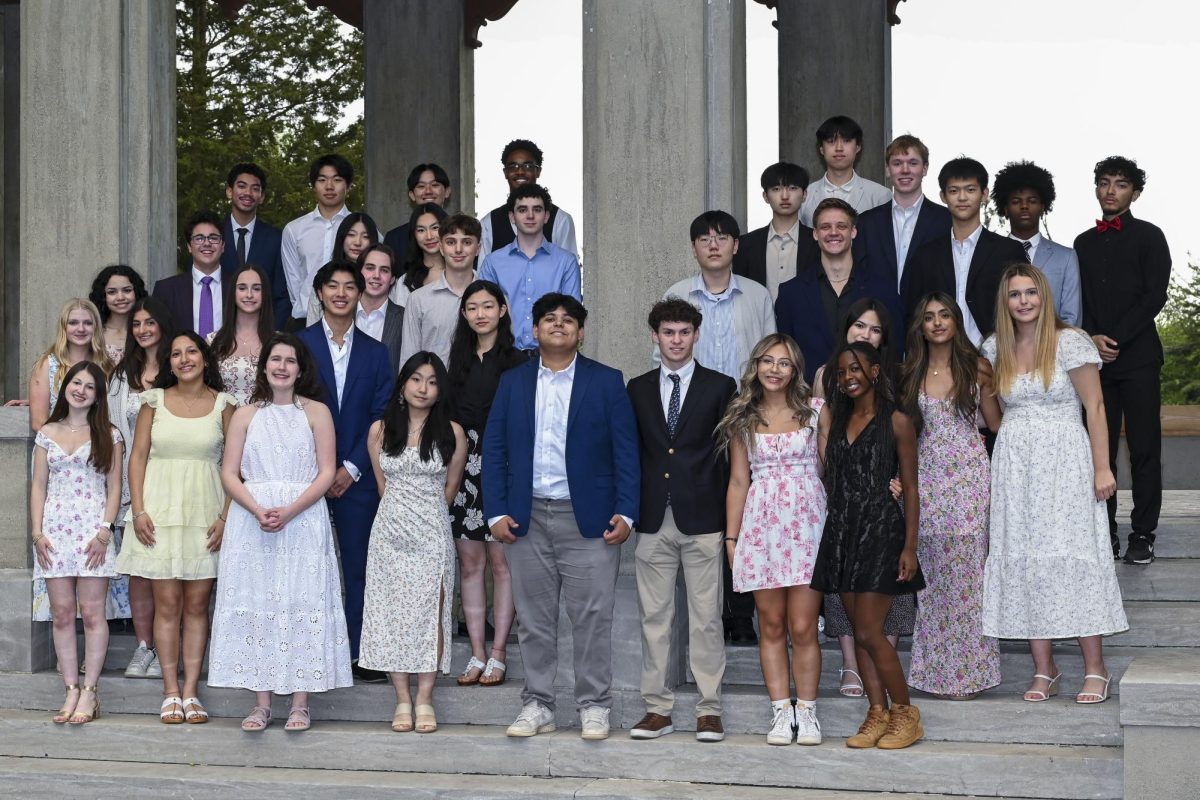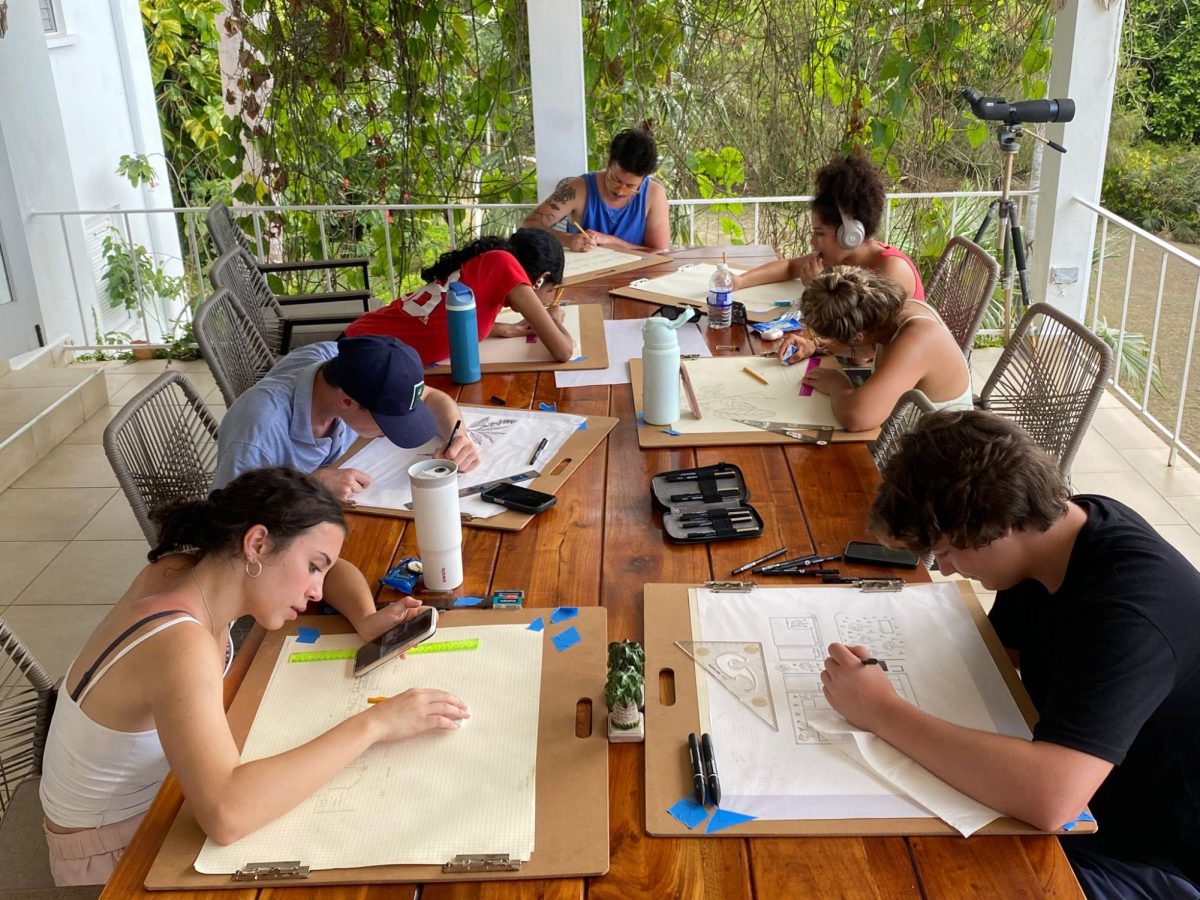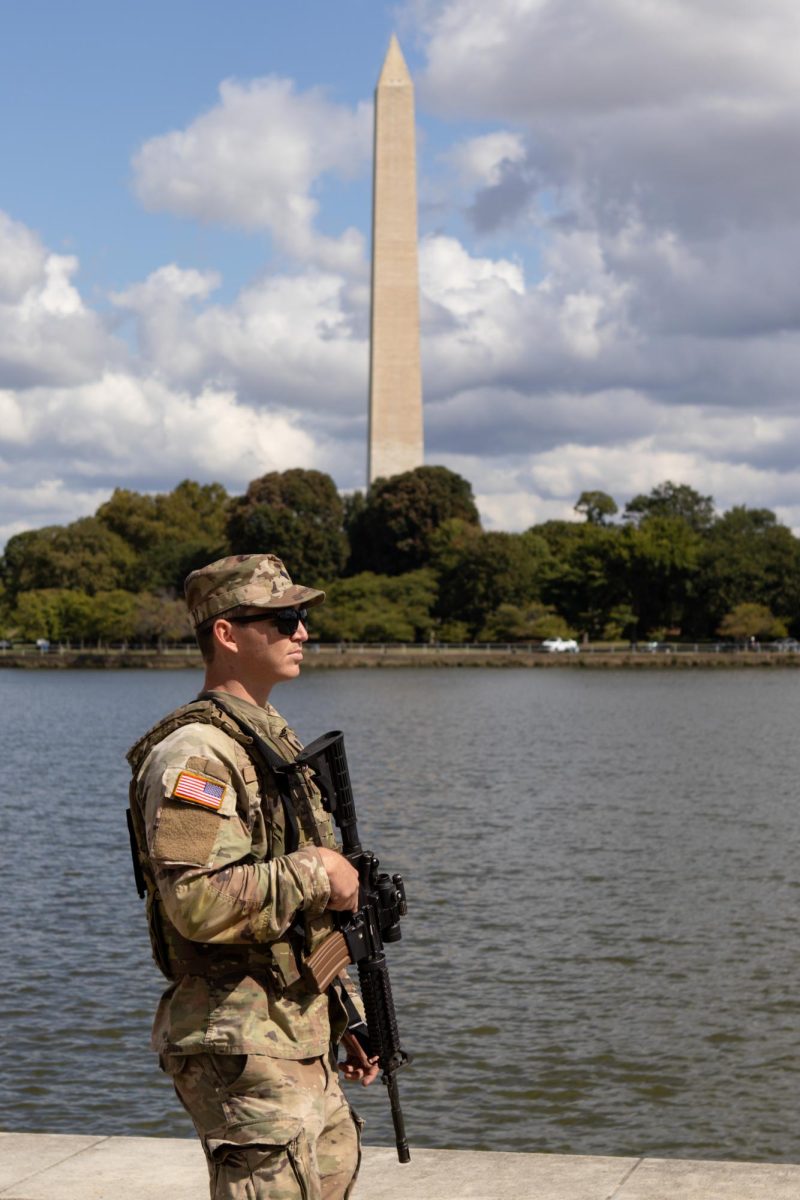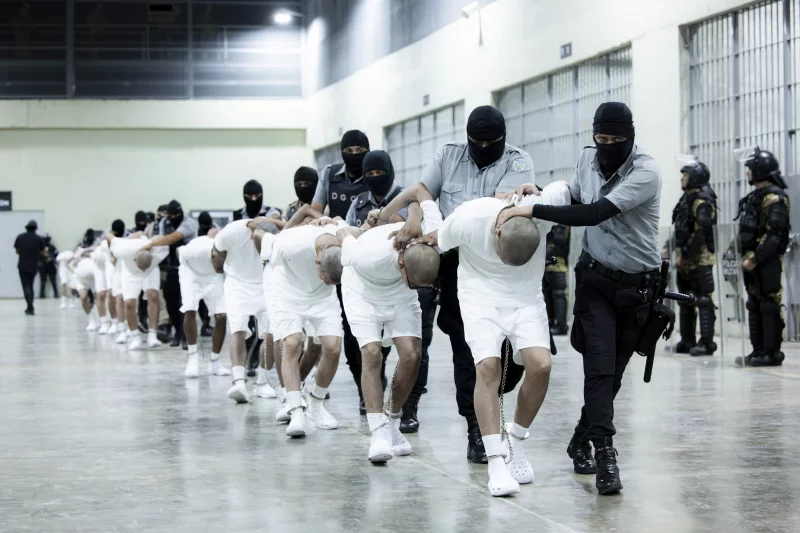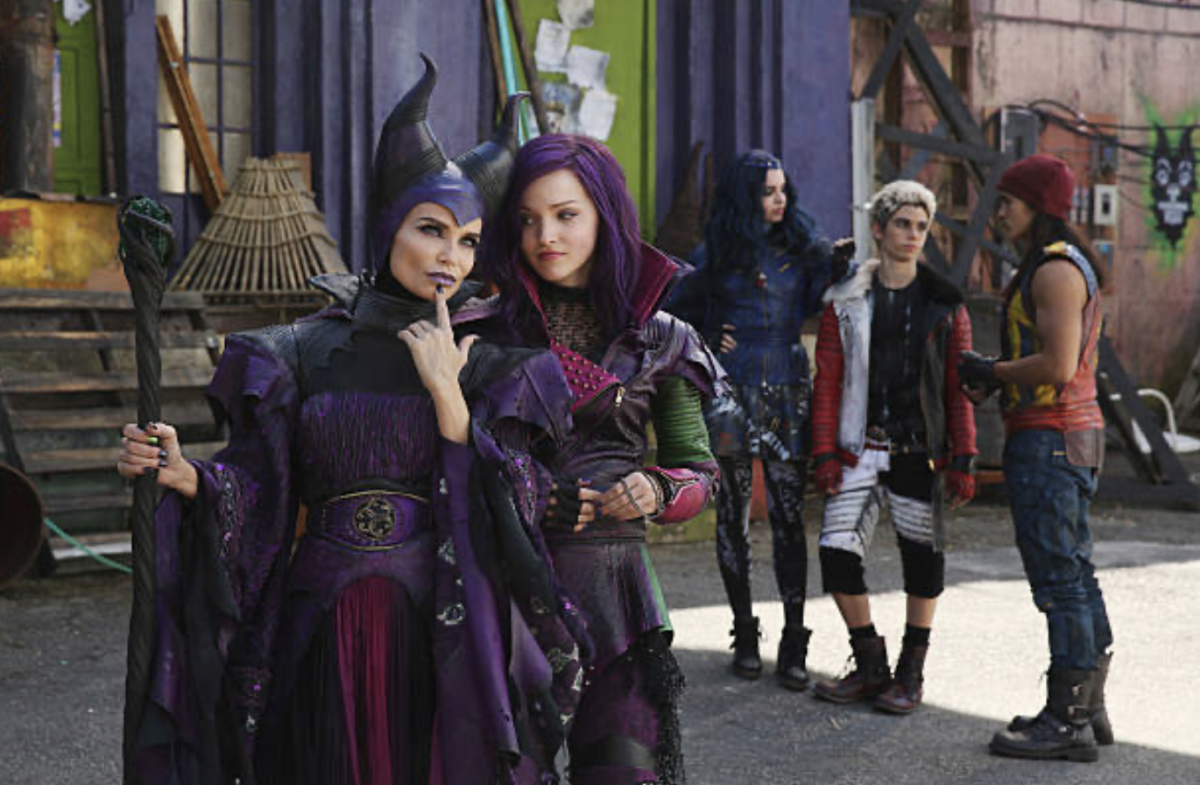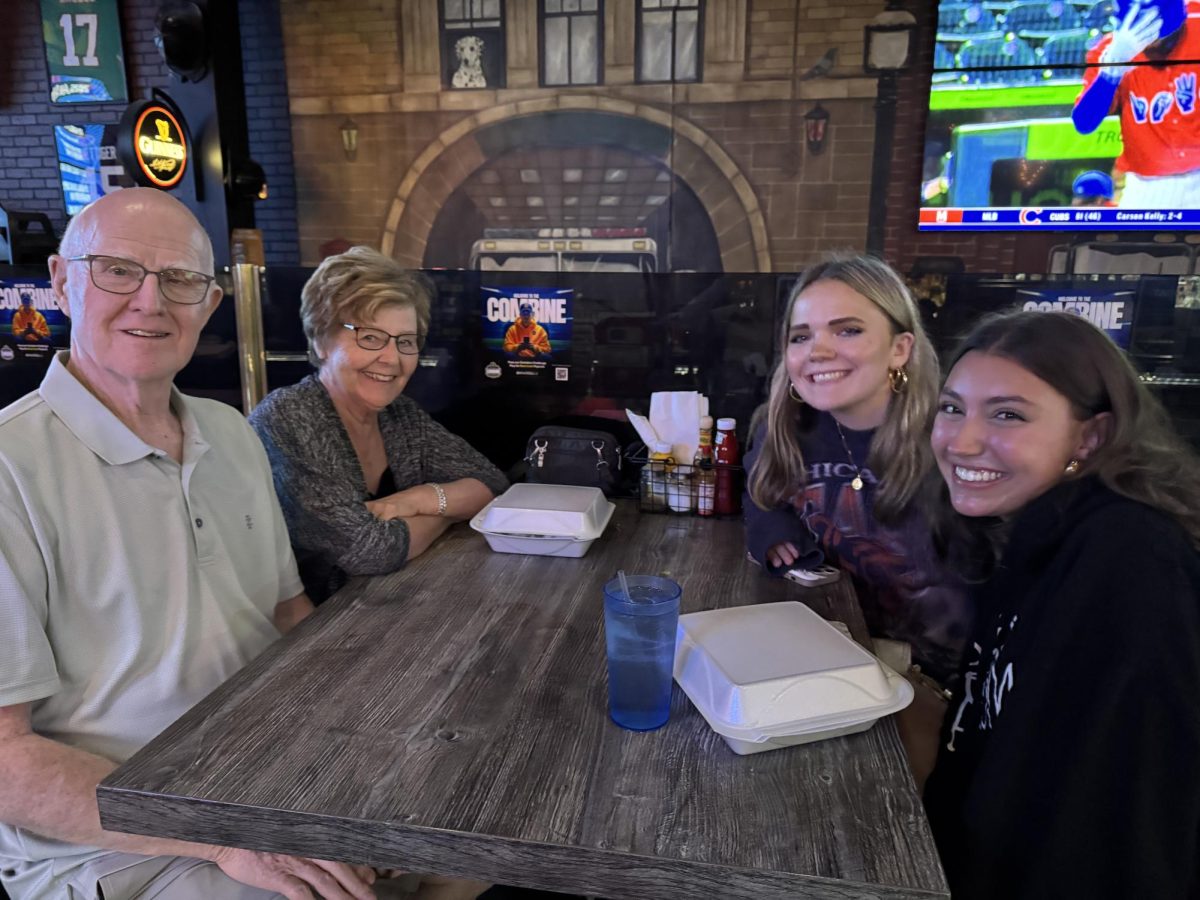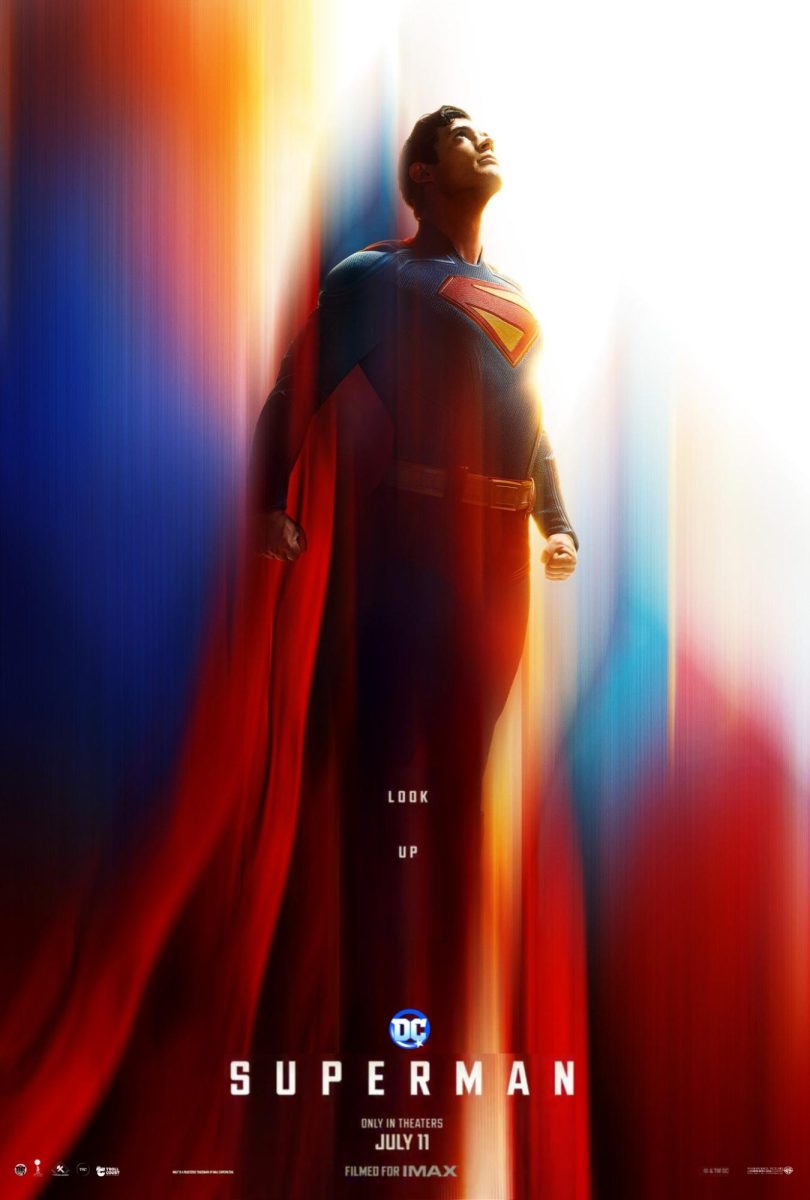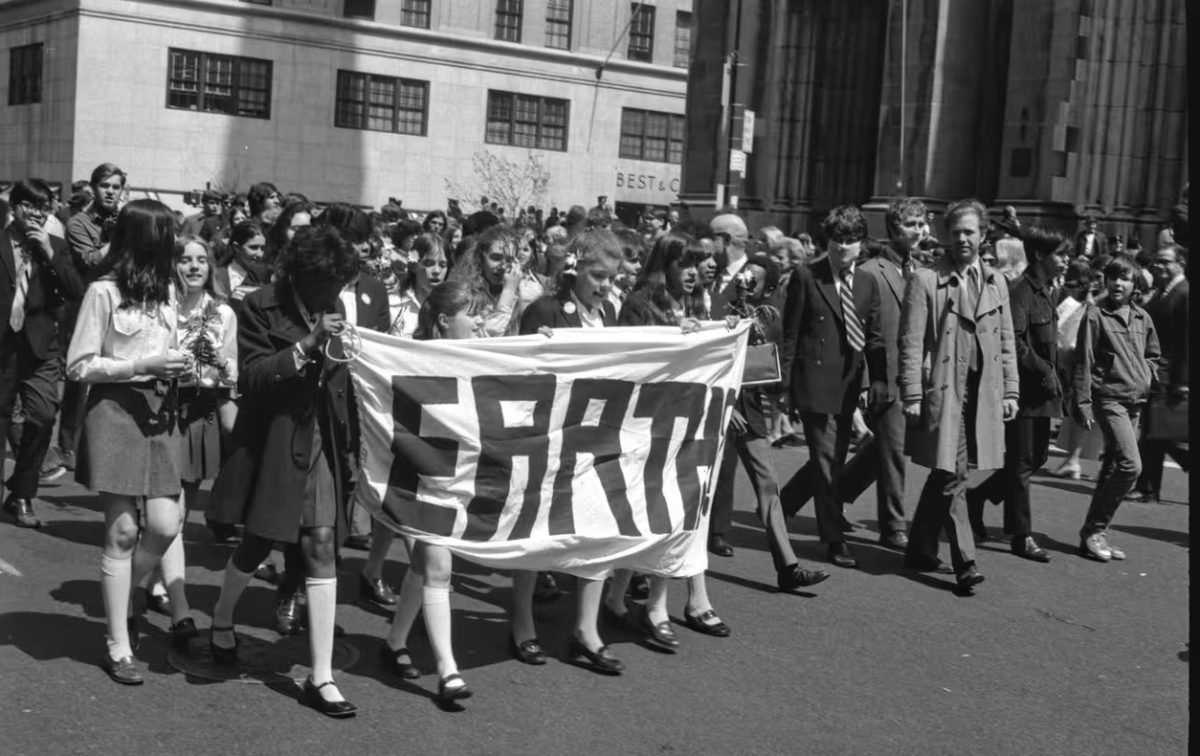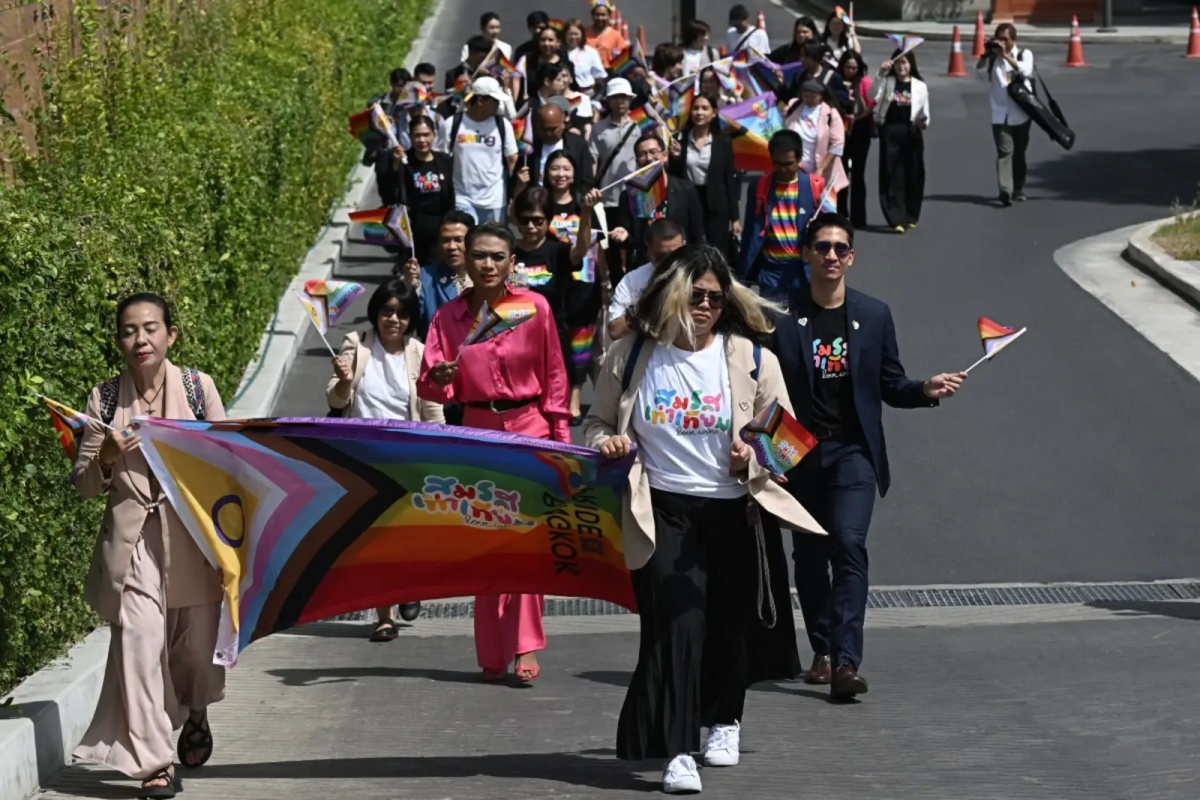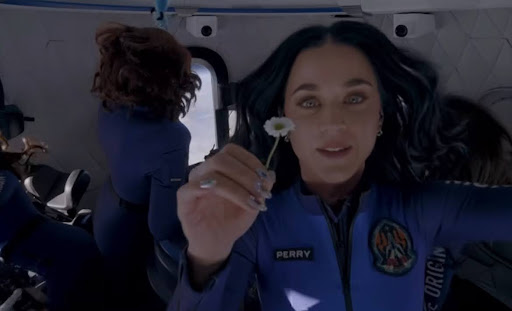On April 14, 2025, pop star Katy Perry and five other women made history on a suborbital flight aboard Blue Origin’s New Shepard rocket. It was the first all-female-crewed space mission since 1963. The 11-minute flight lifted off from Blue Origin’s facility outside of Van Horn, Texas, to over 60 miles above the Earth, briefly crossing the Kármán line — the defined boundary of outer space.
The mission, titled NS-31, was organized by journalist and helicopter pilot Lauren Sánchez, fiancée to Blue Origin founder Jeff Bezos. The group included Sánchez and Perry; CBS anchor Gayle King; Aisha Bowe, former NASA rocket scientist and co-founder of a company aiming to influence diversity in space exploration; Amanda Nguyen, civil rights activist and bioastronautics researcher and Kerianne Flynn, film producer. Each woman came from a unique background, stemming from the mission’s goal of fostering the growth of future generations, underpinning the mission’s focus on diversity and representation in exploring outer space.
While on the flight, Perry sang “What a Wonderful World” and carried a daisy for her daughter, Daisy. Once the capsule landed, Perry kissed the ground and reflected on how she felt connected to it. King, who has a fear of flying, pushed her own limits by enjoying every moment and feeling that accomplishment.
Although the mission was symbolic in significance, there was considerable backlash from the public. Critics called the flight tone-deaf, given the many economic challenges facing people globally. Some thought that the purpose of the flight may have been just a publicity stunt, but Perry was singled out for her perceived theatrics during the mission. Various commentators questioned the authenticity or purpose of the flight.
Perry did say that she felt battered and bruised, but added it was not going to stop her from pursuing her own healing and resolution to grow as a person. Perry thanked her supporters for their loyalty and said getting outside public opinion was important to living any dream. “It’s amazing to see an all-female space crew, but it’s also a reminder of the gap between the super-rich and us,” Elle Froberg ‘26 said.
The NS-31 mission is part of the ongoing conversation about growing inclusivity and representation in space travel. Public reaction was mixed, but the flight identified ways for an evolving landscape of space exploration and the commercial role in shaping that exploration. As commercial spaceflight becomes commonplace, inclusion, purpose, and impact on the future will continue to be debated.

